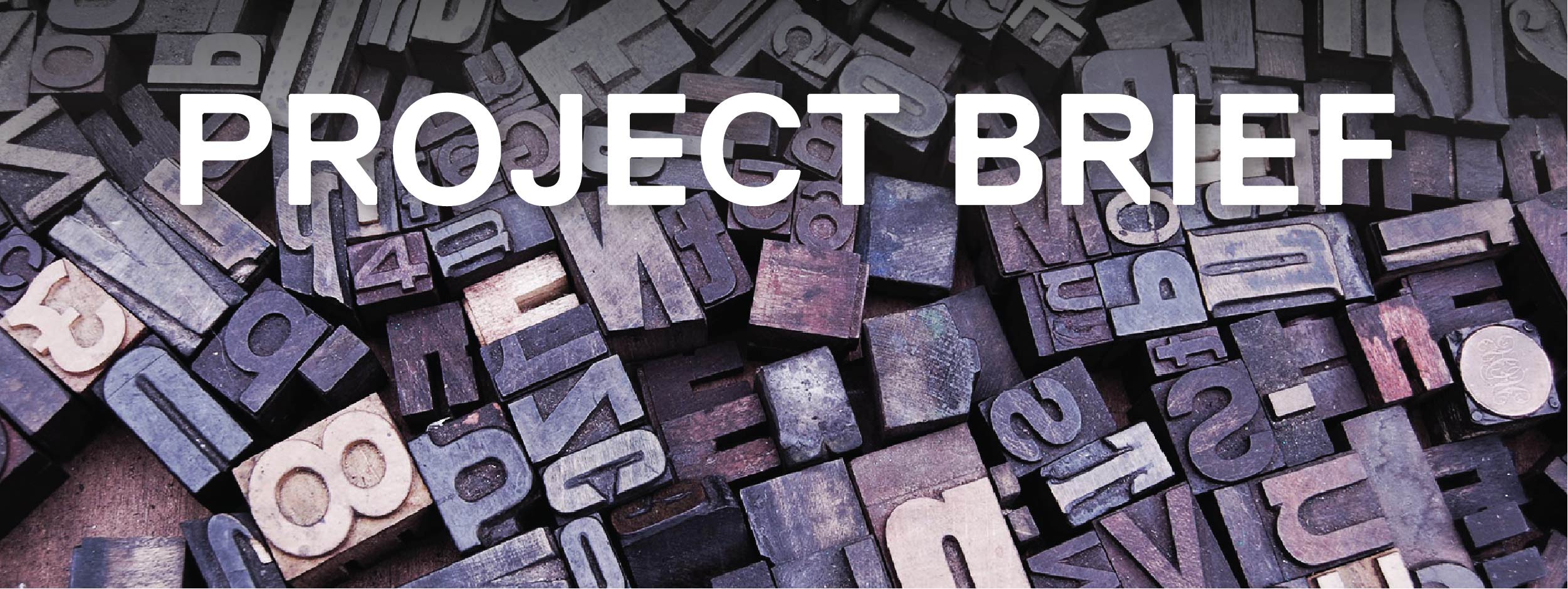Stories of impact: Migration journeys of refugee women from Syria, Afghanistan and Ukraine

A research study employing storytelling approaches and participatory research methods to understand migration journeys and re-settlement experiences of refugee women from Syria, Afghanistan, and Ukraine, in Ontario, Canada

Working with our partner Catholic Crosscultural Services (external link) (CCS), we will generate stories shared by refugee women participants, who are also clients of CCS, to better understand the refugee experience. The stories will be used to assess the impact and gaps in service delivery of the CCS’s programs and services used by these high-need clients. In addition, the participatory processes of engagement and co-creation employed as methodology will help build participants’ capacity to integrate into the multicultural environment of Canada and to assume control and agency over their own lives. It will also help amplify their voices as well as their ability to self-advocate.

The research questions will focus on the participating women’s pre-migration stories and their post-migration settlement and integration experiences. Using a participatory research design based on co-creation and collaboration, both partners and participants will finalize the specific research questions together. Generally, the central questions and key issues that underpin this project and that shape its theoretical and methodological framework are:
- how can research be conducted ethically with refugee women in a way that considers the unequal power relations that exist between them and researchers, and
- how can the participants’ well-being, their stories and their voices be centered, while ensuring their cultural safety and human rights, and while keeping in view the principles of social justice?

The number of refugees globally has increased rapidly since 2020, rising from 20.7 to 21.3 million by the end of 2021. Some of the most recent international conflicts provide the context that frames this project. Specifically: the war in Syria that led the Canadian government to resettle 40,000 Syrian refugees by the end of 2016; the Taliban takeover of Afghanistan in August 2021 that led to the Canadian government’s promise to resettle 40,000 Afghan refugees (which resulted in only 29,010 arriving in Canada by August 2021 (IRCC, 2023)); and, most recently, the Russian invasion of Ukraine that has continued since early 2022 and has led to more than 133,000 displaced Ukrainian nationals entering Canada through the special emergency travel program by March 2023 (IRCC, 2023).
Sharing these stories with audiences – from academic to mainstream – will help build widespread understanding about how political events impact lives and about the complex identities and re-settlement experiences that refugee women face.

This project employs storytelling and other narrative and arts-based approaches, with the objective of learning about the “lived experience” of refugee women, as a way to produce “democratic” forms of knowledge about their re-settlement experiences in Ontario, Canada.
Participants are Syrian and Afghani refugee women, and displaced Ukrainian women clients of the partner organization, CCS. In the first phase of the project, using a series of ‘Storytelling and Learning Circles’ and oral history techniques, creative writing and arts-based expressive methods, participants will be engaged in exploring topics related to their family histories and their experiences of pre- and post-migration journeys. In the second phase, a total of six focus groups will be conducted with 30 refugee women recruits. Additionally, five to ten interviews will be held with participating agency staff who play a role as stakeholders during different stages of refugee women’s re-settlement processes.

The Research Ethics Board (REB) approval process has been completed.
Research Phase 1 -- currently ongoing, with Storytelling and Learning Workshops being conducted in person at two locations of the industry partner, Catholic Crosscultural Services. Participant recruitment is ongoing for a virtual workshop across CCS locations, and this will start spring 2024. Phase 1 is expected to wrap up in spring 2024.

September 2025

MITACS, Catholic Crosscultural Services, CERC Migration

MITACS, Catholic Crosscultural Services, CERC Migration

refugee re-settlement; refugee women; Participatory Action Research (PAR); photo-voice; storytelling; digital storytelling, arts-based
“Only by sharing our stories that we truly become one community,”
